Q. What led you to make I Have it Maid?
A. When I was in graduate school my focus was set on international relations and I even flew to Taiwan to study at National Chengchi University specifically in order to take certain courses that were not otherwise offered elsewhere. However, to my surprise, upon arriving in the program I came to find that nearly half of the courses I wanted to take were cancelled and there was no certainty they would be offered again. Needless to say, this angered me and I wanted to leave Taiwan. However, I have always had the attitude that in any so-called “negative situation” there is still hope, opportunity, growth, and the capacity to move forward. So, I considered what else I was passionate about, and ended up switching my focus to sociology, with the aim of researching social policy.
It just so happened that as this was occurring I was living near a hospital called Wan Fang Hospital, where you could see elderly people being pushed around in wheelchairs by migrant workers on a daily basis. I was curious about the workers’ lives and started talking to them one day. Some of the things they told me were just plain bizarre and I become concerned of their well being as well as the policies that have been created in Taiwan toward them. So, I started doing research on this topic, specifically on Filipinos as they have some of the longest history working in Taiwan, and it wasn’t long afterwards that I chose it to be my thesis. I thought this was a good way to combine my interests, research something tangible in my surroundings, as well as make a difference in society.
So then how did the film aspect come into play? For starters, I think writing college papers is a waste of time if they are not exposed to the public or used to benefit something or someone other than trying to help oneself climb up in the system. With that in mind, I contemplated doing a podcast based off my research but then realized film would be an even better route, as it could probably reach more people. I then asked my filmmaker friend Nick Vaky if he would be interested in working on this project with me and he expressed a lot of interest. We have been working together ever since the filming began back in 2011, and essentially the film is based off my thesis called I Have it Maid in Taiwan: Runaway Filipino Domestic. Household Workers and Taiwan’s Foreign Labor Policy.
Q. How long did it take to complete the project and what were your biggest challenges?
A. From start to finish the film took about 2 and 1/2 years because we wanted to trace the stories of certain workers over a long period of time to see how their lives developed. We also had to find a balance between working full time and going to graduate school, which was also our biggest challenge in addition to funding over 95% of the film by ourselves.
Q. Explain some of the complications migrant workers face in Taiwan?
A. There are major loopholes and lack of regulation in the migrant worker sector, which has allowed brokers to manipulate contracts as well as convince their customers (Taiwanese employers) the workers are capable of performing a multitude of tasks 24/7. As a result, employers’ expectations are vastly different than what the workers originally expected, which often leads to major misunderstandings, and in many cases, abuse.
If white-collar foreign workers in Taiwan faced such situations they could transfer employers legally and quickly. However, for migrant workers it is not that easy. Because Taiwan’s regulations require the workers to re-enter the nation if they were to switch, which would also subject them to additional heavy broker fees, the workers often feel they have no choice but to run away, therefore creating the phenomenon of “runaway migrant workers in Taiwan.” If certain reforms were made to policies such as the right to freely switch employers like white-collar foreign workers, not only would the amount of workers who “run away” be decreased but also there probably wouldn’t be a category of runaway workers to begin with. In Taiwan, have you heard of white-collar runaways? Probably not, except for a few rare instances.
Q. So then do you think Taiwanese are bad people when it comes to their treatment of the workers?
A. Absolutely not. I think some though have been misguided due to the lack of regulation. I don’t think anyone is inherently bad, but rather misguided. Everyone has the capacity to change their behavior patterns.
Q. Now that the film is completed, what do you hope it can achieve?
A. I Have it Maid will be sent to 30 plus film festivals throughout the world, including festivals in Taiwan, Hong Kong, South Korea, and Qatar where many Southeast Asian workers are located in order to raise awareness about the challenges the workers face. In Taiwan, we are holding free screenings about once a month and also plan to take the film to the Council of Labor Affairs and show it to relevant policy makers associated with foreign labor laws. We hope that through such means in addition to other press coverage that we can help create awareness. What that awareness will lead to though is beyond me. I think film is a great way to create awareness and plant new seeds in peoples’ minds for thinking about issues differently. At the very least, hopefully when people watch it they will have a change of heart towards the workers. In no way is this film meant to create protests or any kind of movement; rather, act as a reminder for everyone that this issue does exist and is worth fixing.
Q. It sounds like your biggest hope is to bring change on some level though.
A. Like I said, my biggest hope for this film is that after people watch it they will have a change of heart at the very least. We are trying to be very practical in understanding that very little may change in the government’s policies after this film is shown. However, what film can do is bring people to come to understand these workers’ situations and get employers as well as other people in society to start re-thinking their position towards the workers. If we can do that effectively through our film and it causes someone to think “You know what, I am going to start treating my worker or other Southeast Asians in Taiwan with the same kind of respect I want,” then we will have succeeded in our goal. Getting people to think that way and taking responsibility for their attitude towards people is far superior and powerful than any policy change the government could make. People need to always remind themselves of how to act towards one another regardless of any rules or regulations. I think that’s a huge part of being human.
Q. Do you think Taiwanese will change their attitudes towards migrant workers in the future?
A. The good thing about Taiwan is that its people and government are willing to change and improve, which speaks louder than a lot of other places. Taiwanese are also good people and care about the direction of their society, which therefore makes them a strong candidate for having the potential to introduce reforms towards migrant workers’ policies.
Also, I highly believe that if Taiwan’s government took a stronger stance on this issue that it would put it in the international spotlight more and gain more recognition from other nations for its policies, reform, and altruism for all who live in the island. Taiwan has more of a chance than ever to make a difference in regards to migrant workers’ policy reform and we really hope that it can grasp the opportunity to not only help and stabilize its society more, but also to help it gain more respect globally.
Q. Anything else occurring with the I Have it Maid project in 2014?
A. We are currently trying to help Vicky, one of the runaways in the movie, get her status back to legal working status under a good employer. There is a lot of bureaucracy involved in doing this and I am contacting many NGOs in the meantime for help. I really hope this film can at least help her. Also, we may go to the Philippines and Hong Kong to hold some screenings but that isn’t solidified yet. For now, we got to see where the screenings and film festival momentum takes us. It may take some time, but I am confident that no matter what happens it will be for the best.
Q. How can people help and when will the film be available on DVD?
A. As of now, the best way people can help out is by spreading the word on this film. Also, we really hope people can make donations at our site http://ihaveitmaidmovie.com in order to help us create awareness as much as possible.
As for the DVDs, people can expect to have their hands on a final version in late 2014, but private viewings are options as well upon request.


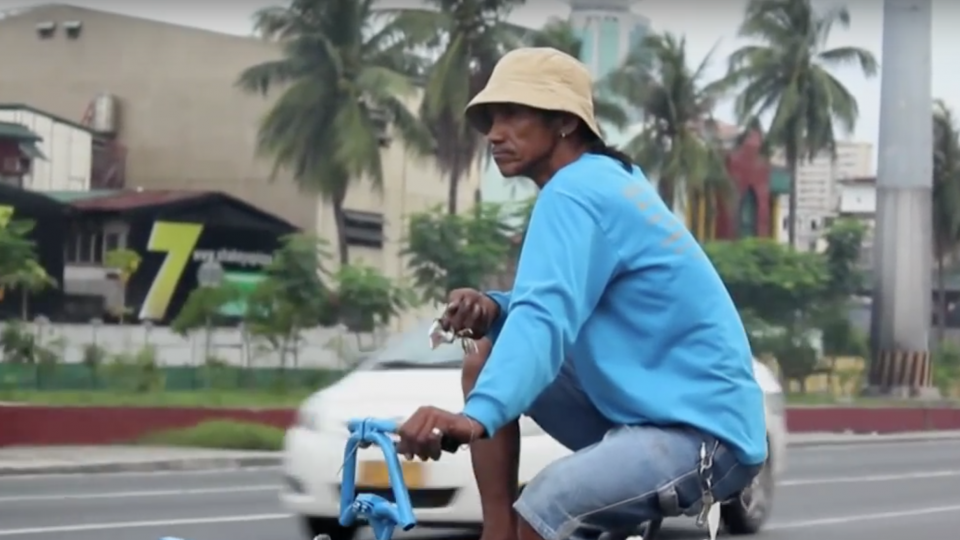
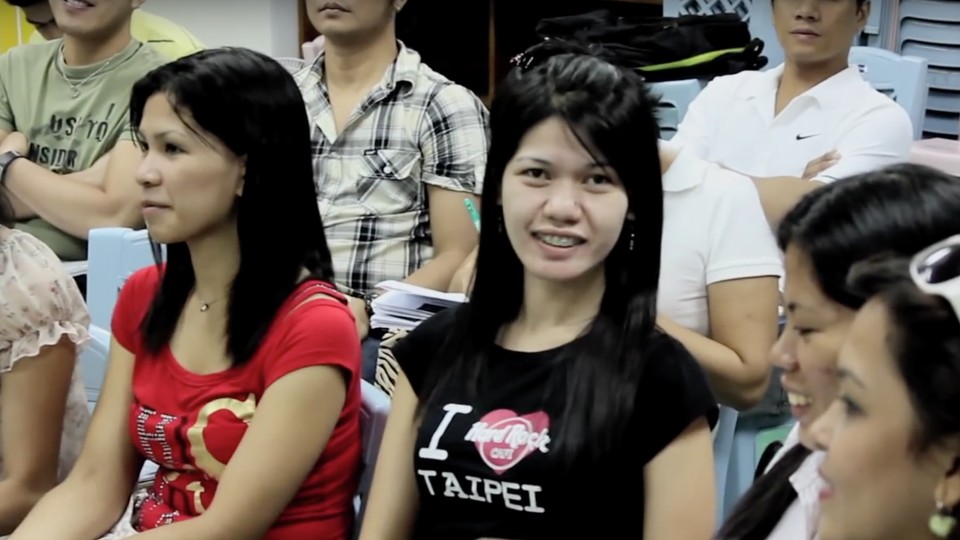
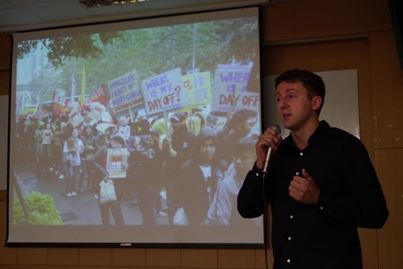
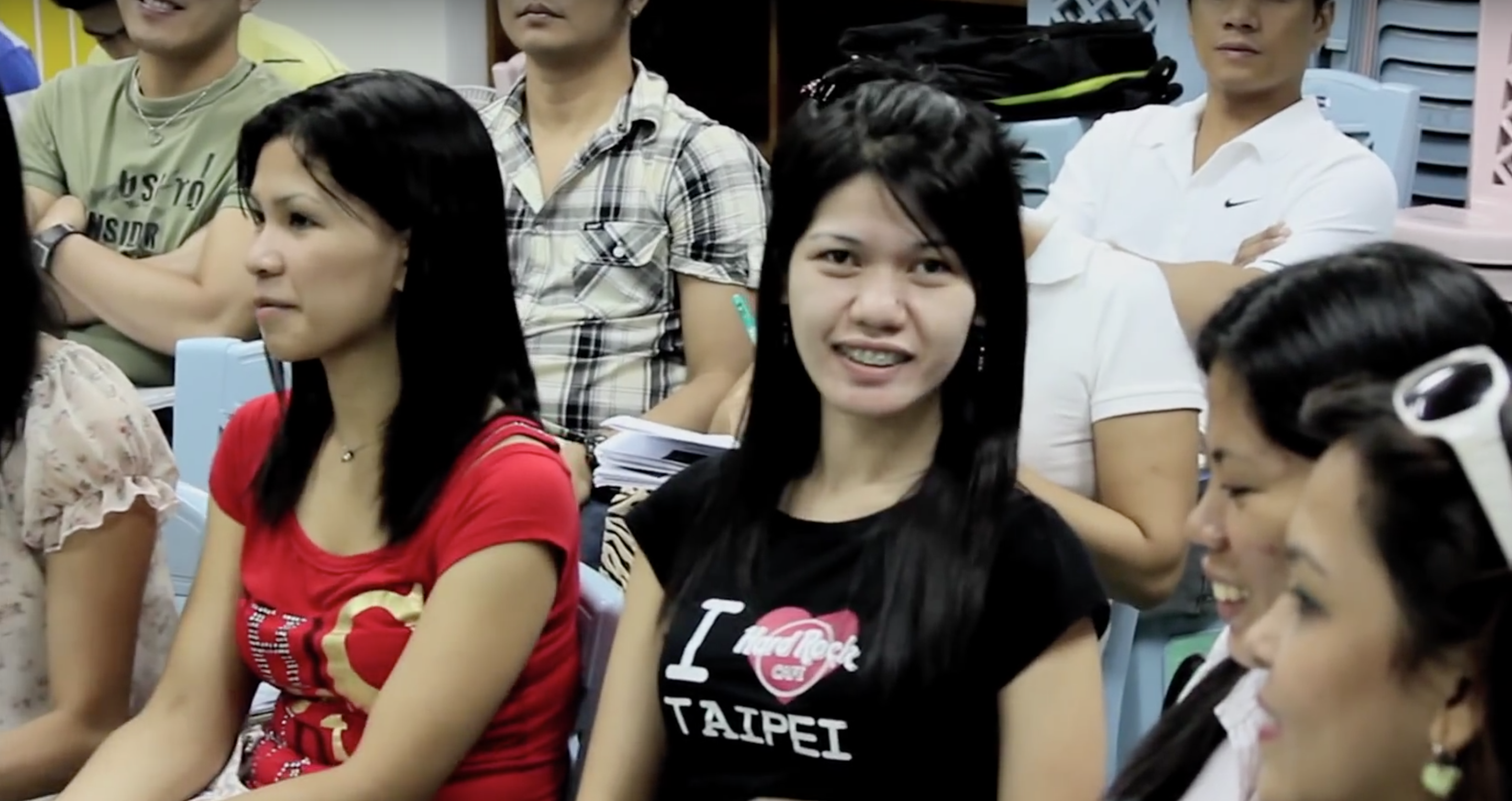
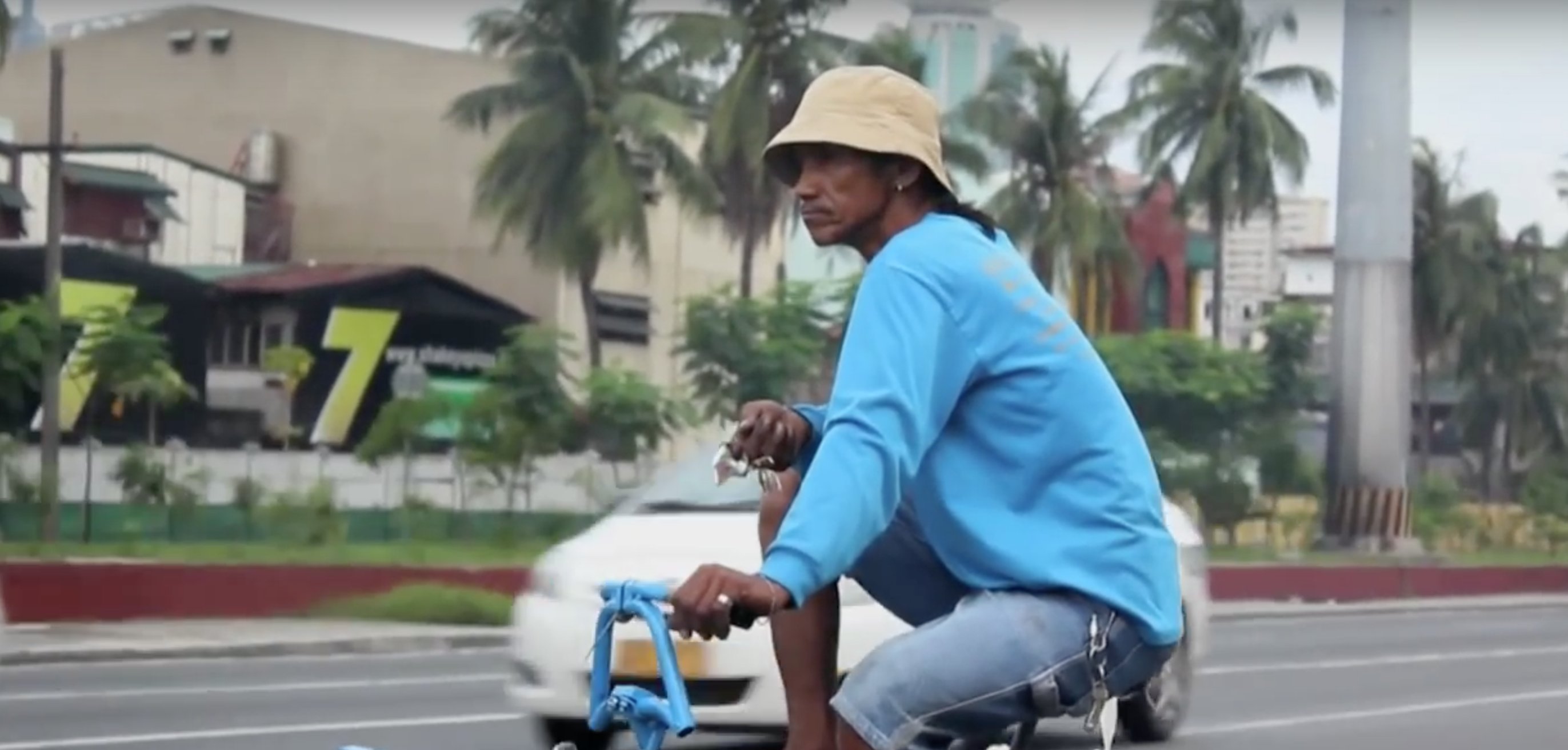
Comments (1)
Leave a reply